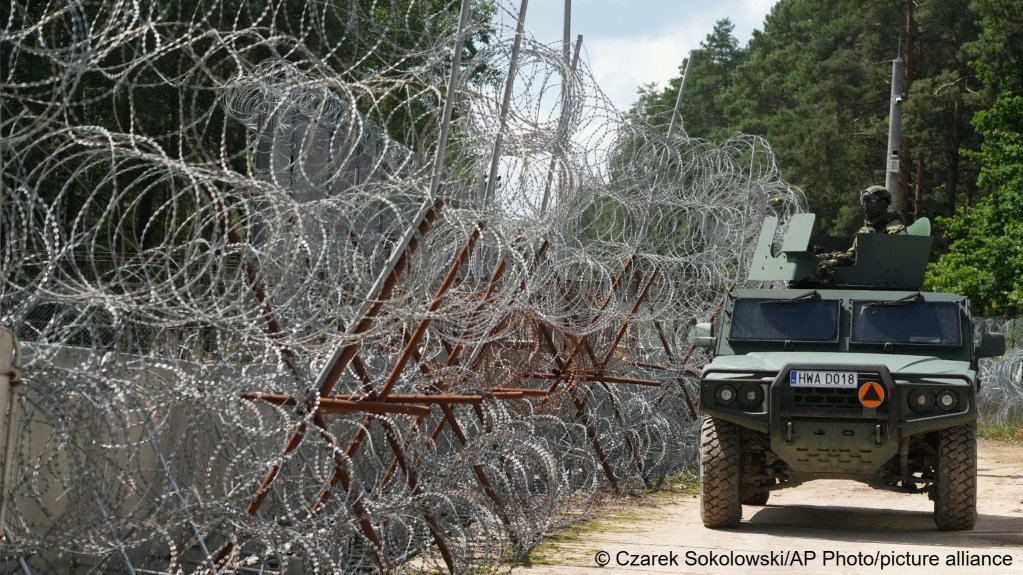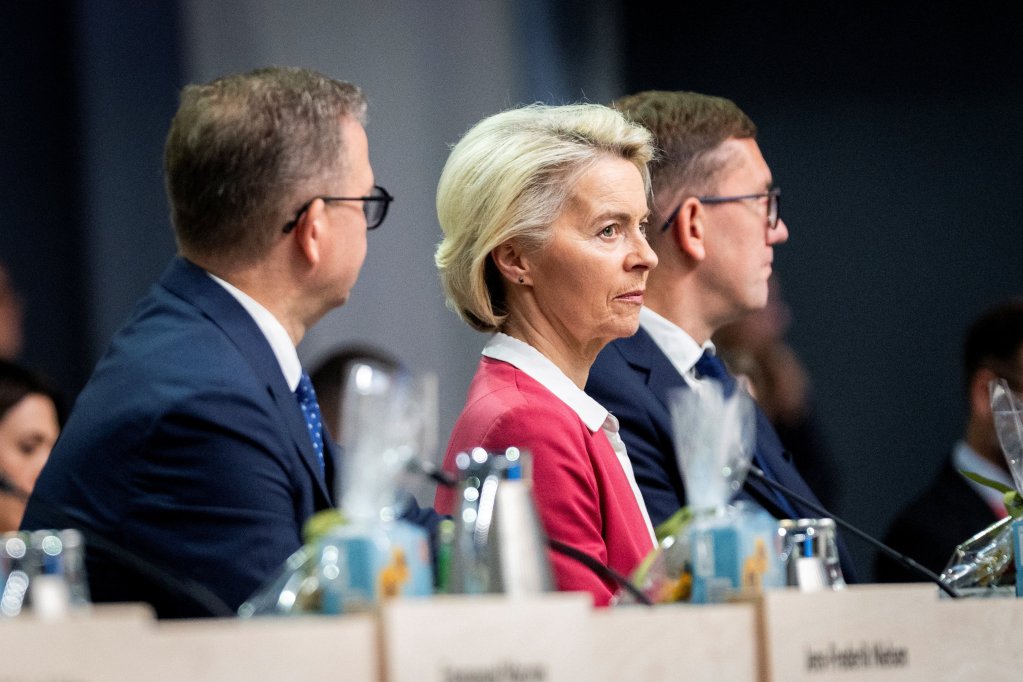Polish President Karol Nawrocki has told the European Commission that Poland will reject any EU plan to relocate irregular migrants, insisting the country already carries the burden of defending the bloc's eastern border while also hosting about a million war refugees from Ukraine.
Poland's President Karol Nawrocki has bluntly told European Commission President Ursula von der Leyen that Poland will refuse any EU plan to take in irregular migrants, citing security concerns and fears over losing its sovereignty.
He insisted that "the safety of European citizens must come first" and vowed that Poland "will not agree to any actions by European institutions that would aim to settle illegal migrants in Poland."
In a letter to von der Leyen, the Polish president said his country would "not agree to any actions by European institutions that would aim to settle illegal migrants in Poland."
Later on, he reaffirmed this sentiment in an interview with public broadcaster TVP Info.
The announcement comes as EU nations are gearing up to fully adopt EU Pact on Migration and Asylum, adopted in 2024, which seeks to distribute responsibility for managing migration more evenly among member states -- either through the relocation of asylum seekers or by providing financial and technical support to countries which are under strain.
Public opinion in line with Nawrocki's course
Warsaw argues that it already shoulders a disproportionate share of Europe's security burden by defending the EU's eastern flank against Russia's proxy Belarus while hosting nearly one million Ukrainian refugees since Russia's 2022 invasion.
The country also allocates 4.48 percent of GDP to defense -- the highest share within NATO, which Nawrocki says further underlines its role in regional security.
Nawrocki's rejection of migrant relocation aligns with strong domestic sentiment: A 2025 Opinia24 survey found that 75 percent of Polish citizens oppose forced migrant relocation under the EU's solidarity scheme, while only 20 percent support it.
Both the nationalist Law and Justice (PiS) party and the current Tusk-led coalition have maintained a firm line rejecting forced relocations, seeing border defense as Poland's primary contribution to European security.
Read Also
Poland: Is helping immigrants a crime?
Belarus border: Geography, pressure, and secrecy
Since 2021, Poland's 420-kilometer border with Belarus has become a major flashpoint of alleged hybrid war tactics, with Warsaw and the EU accusing the Belarusian government (and by extension, Russia) of deliberately channeling migrants toward the EU frontier.
Despite a 5.5-metre steel barrier, integrated sensors, and military support, Poland still records about 30,000 border-crossing attempts annually.
Crucially, neither Frontex nor NGOs nor media organizations are allowed in the restricted border zone -- meaning that independent oversight over these going-on is extremely limited.
Critics argue that mass denial of asylum claims at Poland's border take place daily amid reports of systemic pushbacks, which violate EU and international law.
During a late August visit to the frontier, von der Leyen praised Poland's defense efforts there and pledged to triple EU spending on migration and border management, particularly for states bordering Russia or Belarus.

Read Also'High migration pressure persists at the Polish-Belarus border', according to Polish Border Guard
Von der Leyen under pressure: No-confidence votes
However, von der Leyen's political standing in Brussels is under strain: in recent weeks, she has faced multiple no-confidence (censure) motions in the European Parliament -- a rare challenge to a Commission President.
In July 2025, she survived her first motion, with 360 MEPs voting against and 175 in favor.
More recently, on October 9, 2025, she withstood two further censure attempts; the first motion was rejected 378 to 179, the second 383 to 133.
These votes against the head of the EU are indicative of growing discontent -- especially from far-right and left-wing groups -- over issues including transparency, policy direction, and her handling of migration and trade.
Though all these motions have so far failed, with none reaching the required two-thirds majority to move forward, they highlight the fact that von der Leyen's leadership is being increasingly contested.
As legal as von der Leyen faces intensifying scrutiny in Brussels, the stand-off between Warsaw and the EU may test the boundaries of solidarity, sovereignty, and accountability in Europe's governance.

Read AlsoPoland protests to Vatican over bishops' comments on migration
